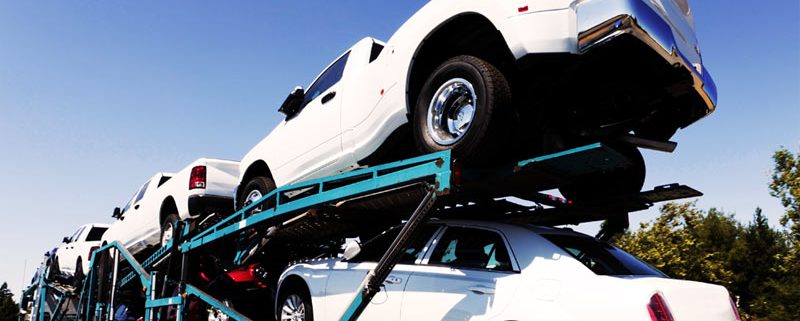
Accidents involving commercial trucks and drivers are different than accidents involving regular drivers. It is important for commercial drivers to understand these differences and how various laws may affect them in a personal injury lawsuit.
Combined State and Federal Laws
One of the biggest differences in truck accidents is the number and types of laws at play. In a regular accident, state laws are generally the only ones a driver needs to worry about. Commercial drivers, however, may also have to contend with various federal laws on top of state laws.
The Department of Transportation and the Federal Motor Carrier Safety Administration are primarily responsible for federal laws. State laws may vary by state, and which laws apply to the driver may also vary. Depending on the law, the driver may answer for laws in the state which issued their license. They may also answer to laws pertaining to the state in which the accident occurred.
Vicarious Liability
An important aspect of commercial truck accidents is vicarious liability. This means that the driver’s employer, the trucking or transport company, may be held partially or entirely at fault for the accident. This is a very nuanced legal situation that depends on the particulars of the accident. As in all accidents, liability and negligence are important. If the negligence can be traced back to the company’s own practices, improper training or improper maintenance of equipment, then the employer will be more at fault. If the accident is due primarily to the driver’s own negligence, such as not following procedures, getting the proper rest or driving recklessly, then the driver will be primarily at fault.
Determining Independent Contractor Status
Related to vicarious liability is the concept of being either an employee or an independent contractor. This is a very important distinction you as a driver must make and keep in mind if an accident occurs. Employees will have greater coverage under their employer in case of a lawsuit. An independent contractor is likely to have no employer coverage or shared negligence at all.
It is not always as easy as it may seem to decide if you are an independent contractor or not. Generally, if you own your own truck, your employer does not withhold taxes, you are responsible for your own vehicle maintenance, supplies and equipment or you are paid by trip instead of with a regular salary, then you are very likely an independent contractor even if all of your money comes from a single company. In an attempt to dodge liability, companies may also try to argue that a driver was an independent contractor even if they may not be, so it is a very good idea to be sure.
Understand Applicable Regulations
Accidents happen, and sometimes they are simply unavoidable. The financial damage an accident lawsuit causes is often dependent on the negligence displayed by the driver. Assuming you are at fault for the accident, it is important to be sure you minimize the negligence the injured party can throw on you. This is primarily done by knowing and strictly following guidelines related to rest, load weight and vehicle maintenance. Your employer should be requiring you to follow these regulations. If you are independent, it becomes easy to let things slide to cut costs or make more money. It’s never worth it to take that risk.
Know the Procedure to Take After an Accident
Following an accident, you must register an accident report that includes the date of the accident, where it happened, the driver’s name, and the number of injuries or fatalities that resulted. As a trucker, you should know that there is an annual report specifically for large vehicles called the Large Truck and Bus Crash Facts, or LTBCF. This is compiled from a census of highway accidents, damage statistics, and fatalities on public trafficways.
Post-accident, you will be tested for drugs and alcohol use, as per the requirements of the US Department of Transportation. This will be essentially the same as the pre-employment test you were subject to, and as long as you are found clean from these substances, your certification and license will likely remain unchanged. However, the effect the accident will have on your CSA score is based on the severity of the crash.
Court and Settlement
It is important to understand how a commercial lawsuit is likely to play out. There is always the question of court or settlement. The vast majority of such lawsuits are settled out of court for an agreed upon amount of damages. This avoids the embarrassment and expense of litigation and a possible higher damage amount being awarded by the jury.
That said, it is sometimes reasonable to take a case to court. Either side can force this issue and refuse to settle. The decision should be part of a legal strategy you discuss with an attorney like Loughlin Fitzgerald P C. A major factor at play, even though it is not a legal element, is sympathy the jury may feel for the injured party. It is especially true of truck accidents that sympathy for you as the truck driver is likely to be lower than it would be for most other drivers. It is unlikely another truck driver will be on the jury, and commercial drivers are held to higher standards of safety and responsibility in the eyes of most people. You should consider very carefully whether or not you will do better in court.
Every aspect of a commercial truck accident case needs the assistance of an attorney experienced with such cases. There are many complicated and sometimes even conflicting laws at play that can greatly effect negligence, liability and damages awarded. Commercial drivers are entitled to legal consultation and representation just like everyone else.
Read More